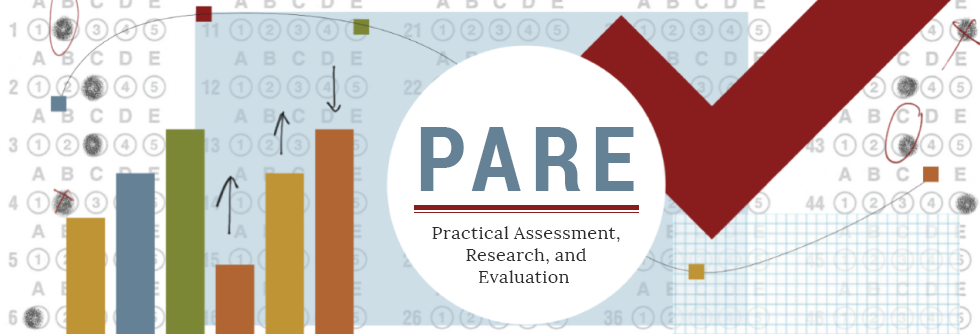Repositioning Formative Assessment from an Educational Assessment Perspective: A Response to Dunn & Mulvenon (2009)
- Michael Filsecker
- Michael Kerres
Abstract
Within the recognized tensions between statewide testing and the process of teaching and learning, formative assessment’s potential for improving student learning and for shedding light “inside the black box,” has received increased attention from scholars in different countries. In their critical review, Dunn & Mulvenon (2009) pointed out the lack of agreed-upon definitions and limited empirical evidence concerning formative assessment. We contend that from the educational assessment field, there is a clear overlap among definitions of the concept and that the conceptual confusion may be coming from outside the field. We also argue that Dunn & Mulvenon’s claim of limited empirical evidence is basically inaccurate and based on misinterpretations of Black & Wiliam’s (1998) article and of social science research more broadly. Consequently, we start by distinguishing key concepts related to formative assessment. Second, we describe the paradigm of the educational assessment field, and summarize the different definitions they propose. Finally, the article addresses the issue of “limited” empirical evidence concerning formative assessment. Accessed 8,040 times on https://pareonline.net from December 10, 2012 to December 31, 2019. For downloads from January 1, 2020 forward, please click on the PlumX Metrics link to the right.
Keywords: Student Evaluation, Academic Achievement, Teaching Methods
How to Cite:
Filsecker, M. & Kerres, M., (2012) “Repositioning Formative Assessment from an Educational Assessment Perspective: A Response to Dunn & Mulvenon (2009)”, Practical Assessment, Research, and Evaluation 17(1): 16. doi: https://doi.org/10.7275/xrkr-b675
Downloads:
Download PDF
View PDF
967 Views
144 Downloads
